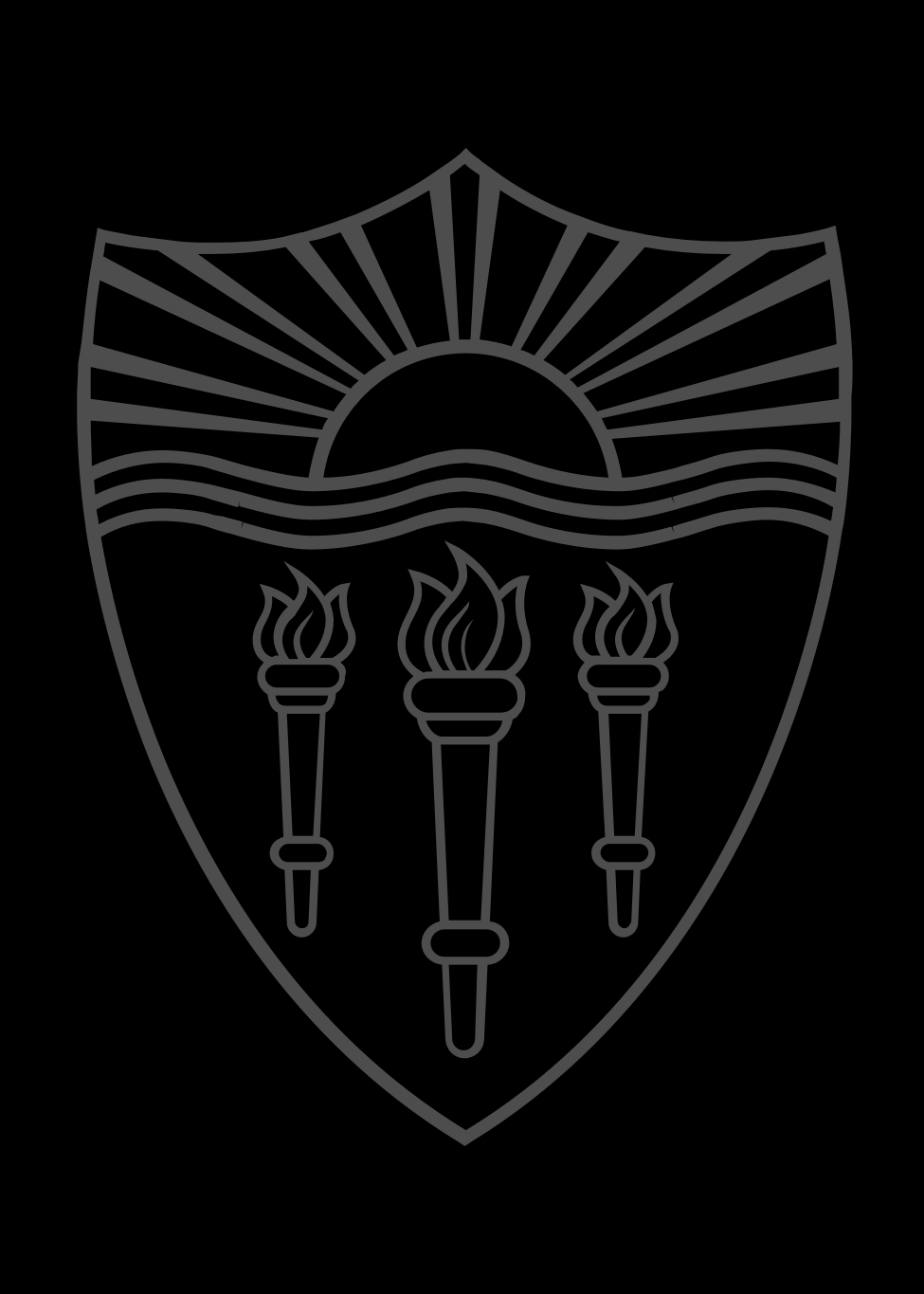Frederic Clark

Research & Practice Areas
Classical reception, cultural and intellectual history, the history of the humanities, Latin literature and its afterlife, late antiquity, Renaissance humanism
Education
- Ph.D. History, Princeton University, 2014
- M.Phil. Medieval History, University of Cambridge, 2009
- B.A. History and Literature, Harvard University, 2008
-
- Andrew W. Mellon Postdoctoral Fellow, Humanities Research Center, Rice University, 2017-2018
- Visiting Assistant Professor, Institute for the Study of the Ancient World, New York University, 2015-2017
- Andrew W. Mellon Postdoctoral Fellow, Stanford University, 2014-2015
-
Summary Statement of Research Interests
Frederic Clark is a cultural and intellectual historian who specializes in the afterlife of classical antiquity in medieval and early modern Europe. His research examines how the reception of the ancient past has informed—and continues to inform—practices of humanistic scholarship. His first book, The First Pagan Historian: The Fortunes of a Fraud from Antiquity to the Enlightenment (Oxford University Press, 2020), retraces the afterlife of Dares Phrygius’ spurious history of the Trojan War. In doing so, it examines the importance of a now neglected text to a millennium of debates over the nature of history, fiction, myth, philology, and criticism. His second book, titled Dividing Time: The Invention of Historical Periods in Early Modern Europe (under contract with University of Chicago Press), will survey how early modern scholars constructed the tripartite division of historical time into antiquity, the Middle Ages, and modernity.
-
Book
- Clark, F.Dividing Time: The Invention of Historical Periods in Early Modern Europe (under contract with University of Chicago Press).
 Clark, F. (2020). The First Pagan Historian: The Fortunes of a Fraud from Antiquity to the Enlightenment. New York: Oxford University Press.
Clark, F. (2020). The First Pagan Historian: The Fortunes of a Fraud from Antiquity to the Enlightenment. New York: Oxford University Press. Bevilacqua, A. and Clark, F. (Ed.). (2019). Thinking in the Past Tense: Eight Conversations. Chicago: University of Chicago Press.
Bevilacqua, A. and Clark, F. (Ed.). (2019). Thinking in the Past Tense: Eight Conversations. Chicago: University of Chicago Press.
Book Chapters
- Clark, F. (2021). The Varieties of Historia in Early Modern Europe. New Horizons for Early Modern European Scholarship pp. 111–130. Baltimore, MD: Johns Hopkins University Press.
- Clark, F. (2021). From the Rise of Constantine to the Fall of Constantinople: Defining Byzantium and the Middle Age in Early Modern Historiography. The Invention of Byzantine Studies pp. 323–347. Washington, DC: Dumbarton Oaks Press.
- Clark, F. (2018). Forgery, Misattribution, and a Case of Secondary Pseudonymity: Aethicus Ister’s Cosmographia and Its Early Modern Multiplications. Literary Forgery in Early Modern Europe, 1450-1800 pp. 74-98. Baltimore, MD: Johns Hopkins University Press.
Journal Article
- Clark, F. (2022). The Iliads of Pindar and Nepos: Codices, Canons, and Misattributions in Medieval and Early Modern Scholarship. International Journal of the Classical Tradition. Vol. 29, pp. 360–89.
- Clark, F. (2022). Late Antiquities in Early Modernity: Rome’s ‘Last Pagans’ in Early Modern Classical Scholarship. Journal of the Warburg and Courtauld Institutes. Vol. 85, pp. 213–48.
- Calis, R., Clark, F., Flow, C., Grafton, A., McMahon, M., Rampling, J. M. (2018). Passing the Book: Cultures of Reading in the Winthrop Family, 1580-1730. Past & Present. Vol. 241 (1), pp. 69-141.
- Clark, F. (2018). Reading the Life Cycle: History, Antiquity, and Fides in Lambarde’s Perambulation and Beyond. Journal of the Warburg and Courtauld Institutes. Vol. 81, pp. 191-208.
- Clark, F. (2017). Universal History and the Origin Narrative of European Modernity: The Leiden Lectures of Jacob Perizonius (1651-1715) on Historia Universalis. Erudition and the Republic of Letters. Vol. 2, pp. 359-95.
- Clark, F. (2011). Authenticity, Antiquity, and Authority: Dares Phrygius in Early Modern Europe. Journal of the History of Ideas. Vol. 72 (2), pp. 183-207.
- Clark, F. (2010). Reading the ‘First Pagan Historiographer’: Dares Phrygius and Medieval Genealogy. Viator: Medieval and Renaissance Studies. Vol. 41 (2), pp. 203-26.
-
- Faculty Fellow, USC-Huntington Early Modern Studies Institute , Spring 2023
- External Faculty Fellow, Stanford Humanities Center, 2020-2021